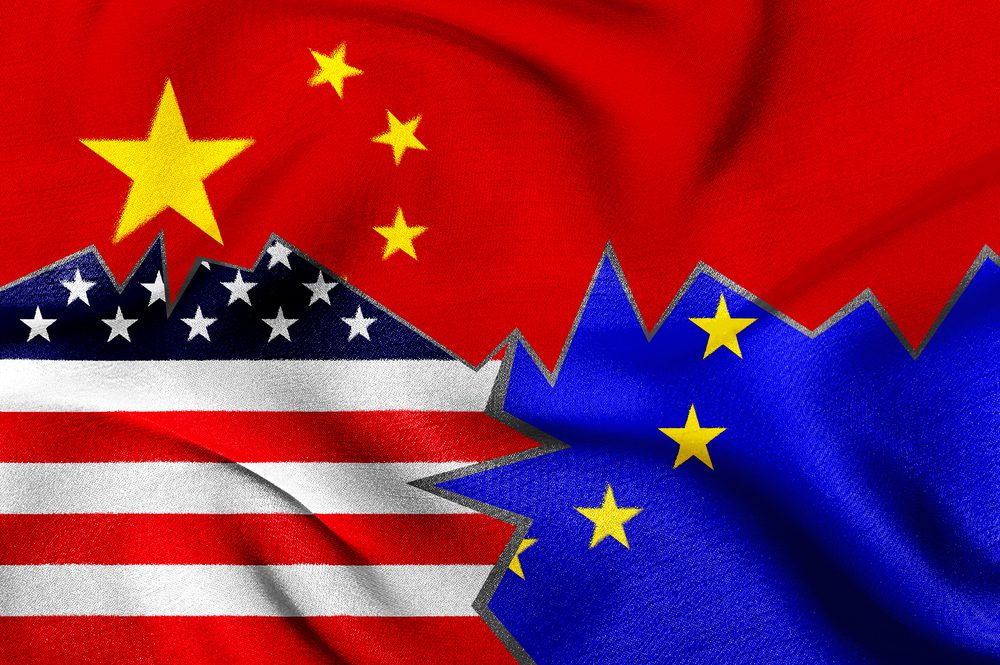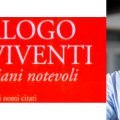Forchielli: “The US doesn’t like to compromise; there will be repercussions.”
The compromise the EU is working toward over trade relations with China– after a blunt “no” from the US in response to granting China market economy status, something Beijing cares about greatly– runs the risk of turning into a “Waterloo masked by European victory.” The consequences could be serious for trains-Atlantic relations now that Hillary Clinton is tightening the screws on free trade relations: European exports toward the US could suffer. In the long run, a break in trade relations between Brussels and Washington could weigh heavily in favor of US disengagement on two hot fronts: “NATO’s presence on Eastern frontiers with Russia, and the Middle East,” says Alberto Forchielli, an Italian economist constantly traveling between China, the US, and Europe for Mandarin Capital Partners, the private equity fund of which he is the founder and managing partner.
His is a priviledged point of view on the hard negotiation taking place in the undercurrent on Chinese “dumping” and the invasion of low-cost Chinese products, which have brought half the world to its knees. China’s excessive production capacity is a theme that will define attitudes toward Beijing in the coming years; it’s contributing to current false deflation in a good portion of the west, and nothing suggests that it will stop, says an Interdealer broker.
The dye is cast in Washinton. The presidential race, viewed through the prism of Trump, Clinton, or Sanders, has relegated free trade agreements to the freezer. With Trump promising blue-collar victims of the Detroit crisis that he’ll declare war on free trade, the others have realigned. The American “no” to China’s market economy status (with the resulting removal of duties on products the government considers to have bankrolled extensively) “is definitive,” says Forchielli.
Despite enormous US pressure, despite Brexit (the UK was the most favorable toward Beijing within the EU), despite the European Parliament’s vote in May against “market economy” status, the EU is moving toward a “cowardly” compromise: “they would like to avoid offending China, eliminating the definition of market economy and not market,” Forchielli explains on the phone. In exchange, the EU would reserve the possibility of imposing duties on Chinese imports based on a complex mechanism (abrogating the “lesser duty rule”) and they would push to negotiate huge reductions in Beijing’s excess production. But it’s a naieve hypothesis for Forchielli (“limiting China’s overproduction is impossible, they have factories spread across 23 different provinces: they’ll say yes and then fail to keep their world”). It’s a fig leaf to cover that which would in fact be European capitulation. If Italy shares the US’ position (any hope for Taranto’s ILVA is also in play), in the end “everything depends on Angela Merkel.” The chancellor is cautious with Beijing, but she risks fueling “American disdain of an inconclusive, litigious Europe with a Germany that won’t expand fiscally and maintains a huge trade surplus and doesn’t want to spend a dime on the sore subject of financing NATO and European defense.” It’s another problem during Brussels’ hot summer, and in the coming months (as the last to decide, the EU council will move by December), they’ll see something good.
Article published on Ansa




















Lascia un commento